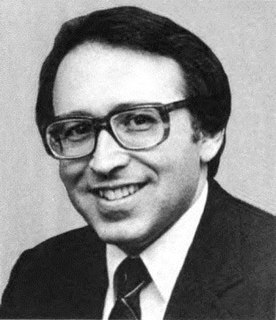A Quote by Ludwig von Mises
The market is not a place, a thing, or a collective entity. The market is a process, actuated by the interplay of the actions of the various individuals cooperating under the division of labor.
Related Quotes
The romantics were reacting against a modern culture that divided individuals from themselves (through specialisation in the division of labor), from others (the competitive market place) and from nature, which had been reduced down to a machine through technology. The antidote to such division is unity and wholeness, which means feeling at home again in the world.
What makes the existence and the evolution of society possible is precisely the fact that peaceful cooperation under the social division of labor in the long run best serves the selfish concerns of all individuals. The eminence of the market society is that its whole functioning and operation is the consummation of this principle.
An old market had stood there until I'd been about six years old, when the authorities had renamed it the Olde Market, destroyed it, and built a new market devoted to selling T-shirts and other objects with pictures of the old market. Meanwhile, the people who had operated the little stalls in the old market had gone elsewhere and set up a thing on the edge of town that was now called the New Market even though it was actually the old market.
One of the most important features of our economic resources is their scarcity: land, labor, and capital goods factors are all scarce, and may all be put to various possible uses. The free market uses them 'productively' because the producers are guided, on the market, to produce what the consumers most need: automobiles, for example, rather than buggies.
The NSF study projected a shortfall of 675,000 scientists and engineers without considering the future demand for such individuals in the marketplace. It simply observed a decline in the number of 22-year-olds and projected that this demographic trend would result in a huge shortfall. This could be termed the supply-side theory of labor market analysis. But making labor market projections without considering the demand side of the equation doesn't pass the laugh test with experts in the field.
However, you have to recognize that regulations will never be completely successful and they will always be full of holes. You must constantly be ready to fill new holes. Actually regulation should be kept to a minimum, but there has to be some cooperation between market participants and authorities - as was the case in the early postwar years. The Bank of England was a very successful regulator by cooperating with market participants. This cooperative spirit was broken by the market fundamentalists.






























